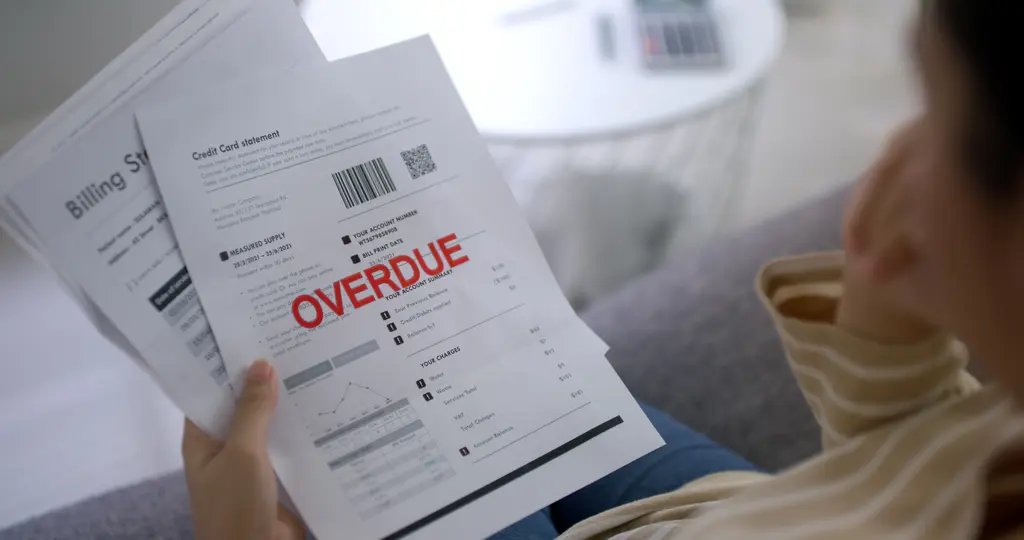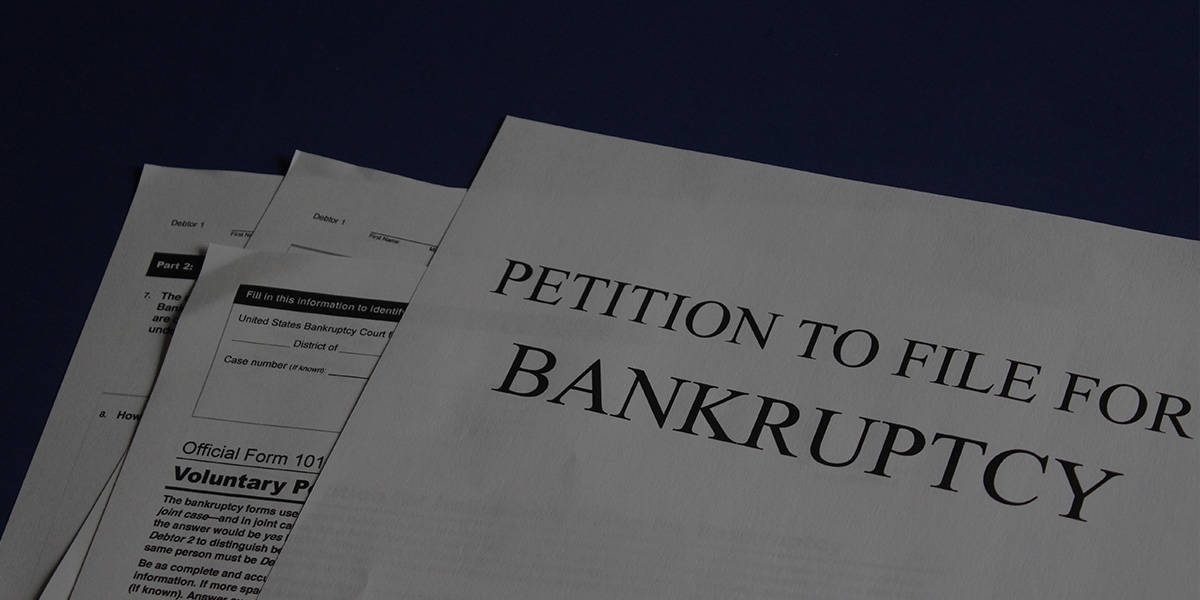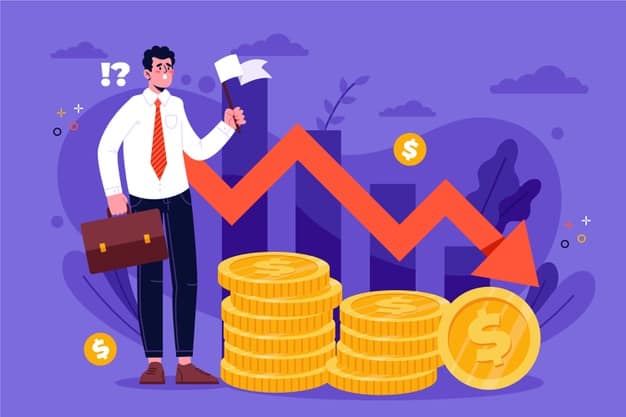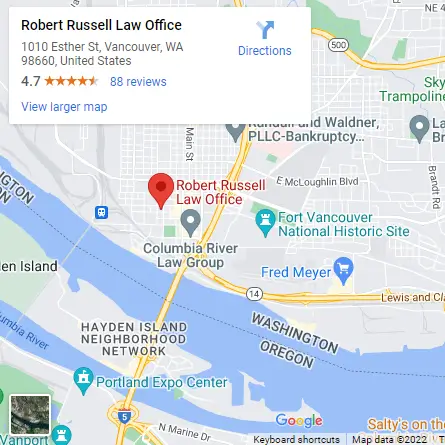The COVID-19 pandemic has put a lot of Americans into financial hardship. Filing for bankruptcy in Washington can help eliminate the debt and give you a fresh start. Bankruptcy protection is one of the rights enjoyed by Americans that help with their financial problems. If you’re considering filing bankruptcy, consult our Vancouver bankruptcy attorneys for free!
This article will discuss some basic terms, a brief outline of the common bankruptcy chapters, and the ways you can protect your property from the bankruptcy process.
Bankruptcy Terms
Let’s go over the basic legalese of bankruptcy cases, so you have the language necessary to talk about it.
Bankruptcy discharge
When debt gets discharged, you are released from personal liability and are not required to pay for them anymore. Note that not all debts incurred are dischargeable.
Automatic Stay
When you file for bankruptcy, an automatic stay is placed by the bankruptcy court. This means that collection agencies are prohibited from making any collection efforts.
Means Test
The way you qualify for bankruptcy is through the bankruptcy means test, which measures your debt and income. The outcome will determine which chapter you’ll need to file to discharge debt
Bankruptcy Overview
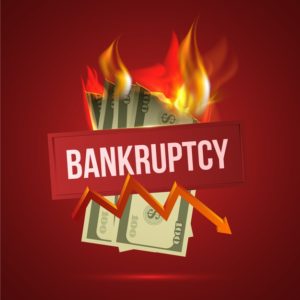 To know which type of bankruptcy is best for you, we provide a summary of the relevant chapters of the Bankruptcy Code.
To know which type of bankruptcy is best for you, we provide a summary of the relevant chapters of the Bankruptcy Code.
Chapter 7
Chapter 7 is also known as liquidation bankruptcy. Here, a trustee takes a debtor’s nonexempt property and sells them for the benefit of creditors. Your unsecured debts are then discharged after bankruptcy.
Chapter 13
Chapter 13 bankruptcy is a reorganization bankruptcy. You submit a repayment plan to the court that spans 3-5 years, outlining how you plan to repay the debt per month. The debt remaining after the bankruptcy period may be discharged. People generally file under this chapter if they don’t fit the income requirements of Chapter 7 or if they want to save their property from foreclosure or repossession.
If you’re unsure which of the types of bankruptcy is right for you, it’s best to talk to a Vancouver bankruptcy attorney. A bankruptcy expert will look at your case to see which bankruptcy chapter fits your circumstances, or whether there is a bankruptcy alternative! Call our bankruptcy law firm today!
Bankruptcy Exemptions
If you’re going through bankruptcy, you’d want to know if you can keep your property. Depending on the chapter, you might not have to give up any at all due to bankruptcy exemptions!
You have a choice between the federal bankruptcy exemptions and the Washington exemptions list. Go through this with your bankruptcy attorney to see which of your possessions you can save. Spouses who both have an ownership interest in the property can file bankruptcy together to double the exemption amount.
As mentioned above, your nonexempt property will be sold in Chapter 7 to pay off each creditor you have under the bankruptcy court.
With a Chapter 13 bankruptcy, it’s possible to save all your property if you include them in your repayment plan.
Washington’s Bankruptcy Exemption List
Here are the common bankruptcy exemptions when you file bankruptcy in Washington:
Washington Wildcard Exemption
A debtor may exempt any type of personal property (except wages) up to $3000 given the following limitations:
- Not greater than $1500 total in cash
- No more than $500 for bank accounts
A debtor with student loan debt may protect $2500 in their bank accounts. If they have consumer debt, they can protect $2000.
Washington Motor Vehicle Exemption
A filer can exempt one motor vehicle up to $3250. Spouses who jointly file bankruptcy can protect one vehicle each.
Washington Homestead Exemption
The Washington homestead exemption can exempt up to $125000 of a petitioner’s primary residence. This exemption is lowered to $15000 for other personal property used as a residence.
Washington Debtor Education Information and Credit Counseling
People who file bankruptcy are required to take two financial courses: one before the bankruptcy filing, and one more before obtaining a discharge.
Final Thoughts
Bankruptcy is one of the options Americans have for obtaining debt relief. With the right chapter, bankruptcy doesn’t have to be such a difficult ordeal that leaves you worse off. Talk to an experienced bankruptcy lawyer who’s well-versed in bankruptcy laws and proceedings to get you on the right track to a secure financial future.
Robert Russell is a long-time practicing lawyer in the area of bankruptcy. Robert Russell serves each client with compassion, understanding, and patience. Call us now for a free initial consultation!


